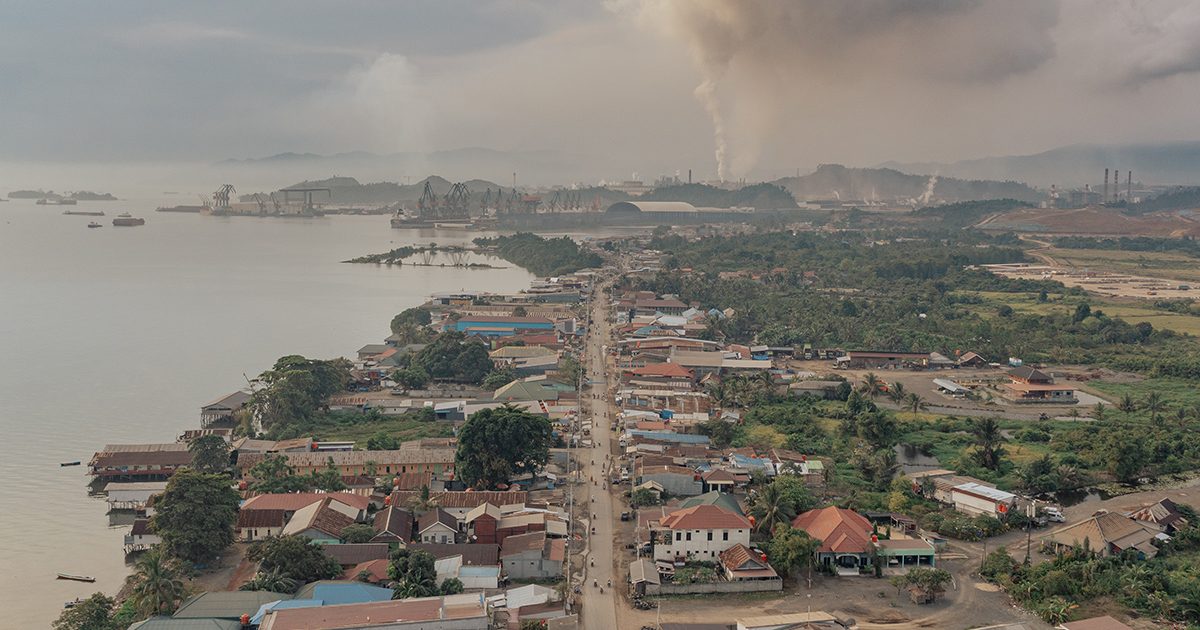What is happening in Indonesia is part of a recurring global pattern in countries where battery materials are abundant. Local residents in Chile, Argentina, Congo, and elsewhere complain of environmental destruction, and dangerous or exploitative working conditions. The RLS study’s authors argue that it is crucial to look at the material footprint of the EV industry against the promised decrease in carbon emissions. In the Global South, where most of the raw materials for EV batteries are sourced, “the rising demand for electric vehicles is threatening to worsen existing injustices in the extractive industry,” they wrote.
And while these places bear the brunt of the immediate environmental fallout, they are not set to benefit the most from the extraction and manufacturing of rare earth minerals — areas mostly dominated by Chinese businesses.



The entire article is about the growing nickel industry in Indonesia but reading it you would think Indonesia is a small rural city in China. A better headline should be “China bad, electric cars bad, everywhere outside Europe should be jungle”. Indonesia has the largest unexploited nickel reserves, and Russia is one of the top 5 producers of nickel. So I guess now we will be treated to all sorts of propaganda about how Indonesia’s nickel industry is evil because China gave them a loan or something. And we’ll all just pretend that there is no other nickel industry anywhere else, especially in countries like the USA who just awarded millions in loans for nickel processing plants in the US to encourage “domestic battery production” but I have a feeling there will be no lengthy 10 page rambling articles on environmental hazards and labor laws there or photos of the slums of north dakota, interjected with random stereotypes about how Americans hate the planet and anything the color green